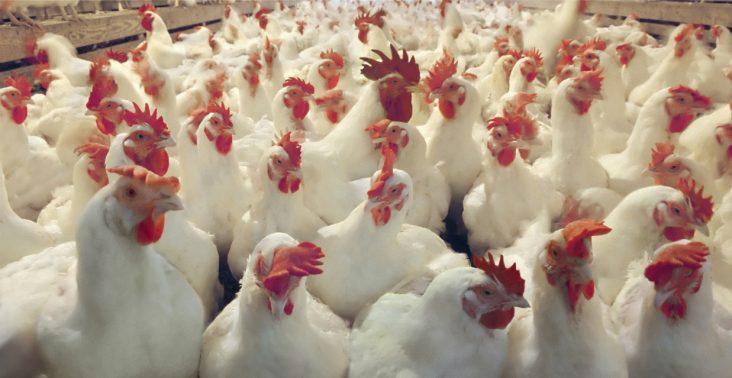Avian influenza confirmed at Madison County poultry farm
by October 7, 2022 4:43 pm 1,463 views

The Arkansas Department of Agriculture confirmed Friday (Oct. 7) a case of avian influenza on an Arkansas poultry farm in Madison County.
Also known as H5N1 avian influenza (HPAI), avian influenza is an airborne respiratory virus that spreads easily among chickens through nasal and eye secretions, as well as manure. The virus can be spread in various ways from flock to flock, including by wild birds, through contact with infected poultry, by equipment, and on the clothing and shoes of caretakers.
There is no public health concern, experts say, and avian influenza does not affect poultry meat or egg products, which remain safe to eat. The disease is highly pathogenic and can spread quickly among poultry flocks resulting in high mortality rates among birds.
“We have taken immediate action to contain this disease and will continue to work with poultry growers, the industry, and our laboratory partners to protect against its spread,” said Arkansas Secretary of Agriculture Wes Ward. “Arkansas poultry is safe to eat, and consumers can be confident in the safety of their food.”
“This finding is the first case of HPAI in commercial poultry in Arkansas since 2015,” said LPD Director Patrick Fisk. “Positive test results were confirmed by the USDA National Veterinary Service Laboratory in Ames, Iowa.”
The Arkansas Department of Agriculture and partner agencies, including the USDA, are working to contain the situation. Actions include sampling and quarantining nearby poultry flocks.
“The farm is under quarantine to stop the spread of avian influenza to other flocks in the state,” said Arkansas State Veterinarian John Nilz. “The birds on the affected farm were depopulated to prevent the spread of disease and will not enter the food system.”
All poultry flock owners are encouraged to follow the strictest biosecurity on their farms to prevent the spread of the disease. Those steps include:
- Limit, monitor, and record any movement of people, vehicles, or animals on or off your farm;
- Permit only essential workers and vehicles to enter the farm to limit the chances of bringing the virus from an outside source;
- Avoid visiting other poultry farms and any unnecessary travel off the farm;
- Disinfect equipment, vehicles, footwear, and other items that come into contact with flocks;
- Keep your flock away from wild or migratory birds, especially waterfowl; and
- Isolate any ill animals and contact your veterinarian.
